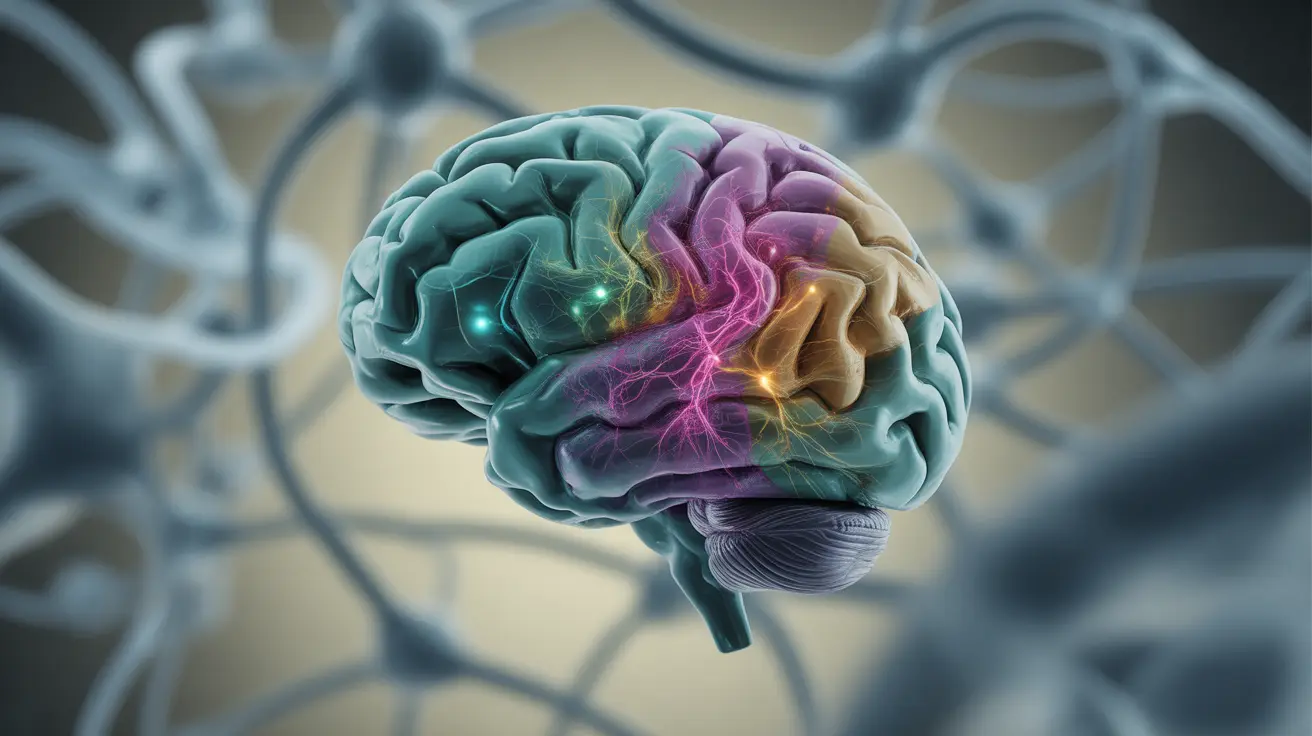Gilles de la Tourette Syndrome (GTS) is a complex neurological disorder that affects thousands of individuals worldwide, characterized by distinctive involuntary movements and sounds known as tics. Understanding the GTS meaning goes beyond simple medical terminology – it encompasses a multifaceted condition that impacts individuals' daily lives, social interactions, and overall well-being.
This comprehensive guide will explore the intricacies of Tourette's syndrome, providing insights into its symptoms, diagnosis, treatment approaches, and the challenges faced by those living with this neuropsychiatric condition.
What is Gilles de la Tourette Syndrome?
Gilles de la Tourette Syndrome is a neurodevelopmental disorder primarily characterized by recurring, involuntary movements and vocalizations called tics. These tics typically emerge during childhood and can vary significantly in type, frequency, and severity. The condition is more than just a collection of physical symptoms – it's a complex neurological challenge that often intersects with other psychiatric conditions.
Types of Tics in GTS
Tics in Tourette's syndrome are categorized into two primary types:
- Motor Tics: Involuntary movements such as eye blinking, facial grimacing, shoulder shrugging, or head jerking
- Vocal Tics: Unexpected sounds, including throat clearing, grunting, repeating words, or in some cases, uttering inappropriate phrases
Diagnostic Criteria and Clinical Features
Diagnosing Gilles de la Tourette Syndrome involves a comprehensive assessment of several key factors. Clinicians typically look for:
- Presence of multiple motor tics and at least one vocal tic
- Tics occurring multiple times daily, nearly every day
- Symptoms persisting for more than a year
- Onset before the age of 18
- Symptoms not attributed to other medical conditions or medications
Coexisting Conditions
Many individuals with GTS experience additional neuropsychiatric challenges, including:
- Obsessive-Compulsive Disorder (OCD)
- Attention-Deficit/Hyperactivity Disorder (ADHD)
- Anxiety
- Depression
- Behavioral difficulties
Causes and Neurological Foundations
The exact cause of Tourette's syndrome remains complex and multifactorial. Current research suggests a combination of genetic, neurological, and environmental influences contribute to its development.
Genetic Considerations
Studies indicate a strong genetic component, with certain gene variations increasing the likelihood of developing GTS. Family history plays a significant role, though inheriting the condition doesn't guarantee its manifestation.
Treatment Approaches for Tourette's Syndrome
Managing Gilles de la Tourette Syndrome requires a comprehensive, individualized approach. Treatment strategies typically focus on improving quality of life and managing symptoms rather than seeking a complete cure.
Primary Treatment Options
- Behavioral Therapy
- Medication Management
- Psychological Support
- Educational Interventions
Emerging Treatments
For treatment-resistant cases, innovative approaches such as deep brain stimulation and transcranial magnetic stimulation are being explored, offering hope for individuals with severe symptoms.
Living with Tourette's Syndrome
While challenging, many individuals with Tourette's syndrome lead fulfilling, successful lives. Education, understanding, and supportive environments play crucial roles in helping individuals manage their symptoms and maximize their potential.
Frequently Asked Questions
What are the primary symptoms of Gilles de la Tourette syndrome?
The primary symptoms include involuntary motor and vocal tics, which can range from simple movements like eye blinking to more complex vocalization patterns. These tics typically emerge in childhood and can vary in frequency and intensity.
How is Tourette's syndrome typically diagnosed and assessed?
Diagnosis involves a comprehensive clinical evaluation by a neurologist or psychiatrist, focusing on the type, frequency, and duration of tics, along with a thorough medical and family history. Specialized scales like the Yale Global Tic Severity Scale are often used to assess symptom severity.
What are the most effective treatments for severe, treatment-resistant Tourette's syndrome?
For treatment-resistant cases, a combination of behavioral therapy, targeted medications, psychological support, and potentially experimental treatments like deep brain stimulation might be recommended. The approach is highly individualized and depends on specific symptoms and overall health.
Are there any specific lifestyle changes or therapies that can help manage Tourette's syndrome symptoms?
Stress reduction techniques, cognitive behavioral therapy, support groups, regular exercise, and maintaining a consistent sleep schedule can help manage symptoms. Individualized strategies developed with healthcare professionals are most effective.
Can deep brain stimulation be an option for treating Tourette's syndrome, and what are its benefits and risks?
Deep brain stimulation is an emerging experimental treatment for severe, treatment-resistant Tourette's syndrome. While it shows promise in reducing tic severity for some patients, it carries potential surgical risks and is typically considered only after other treatments have been exhausted.




